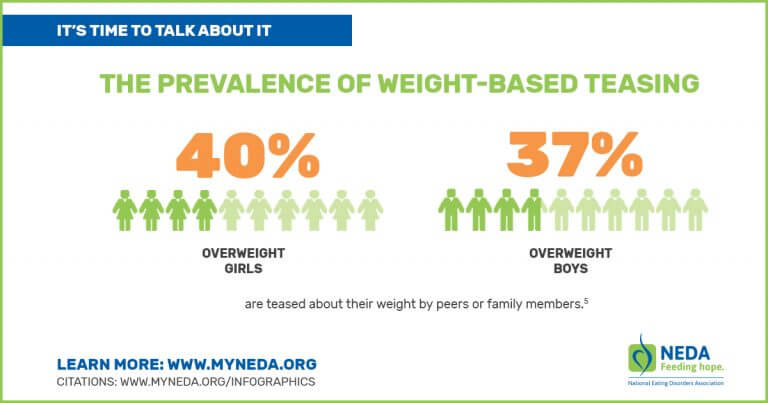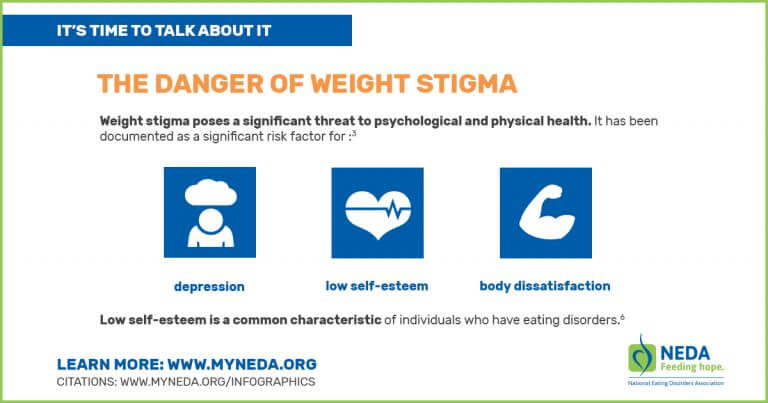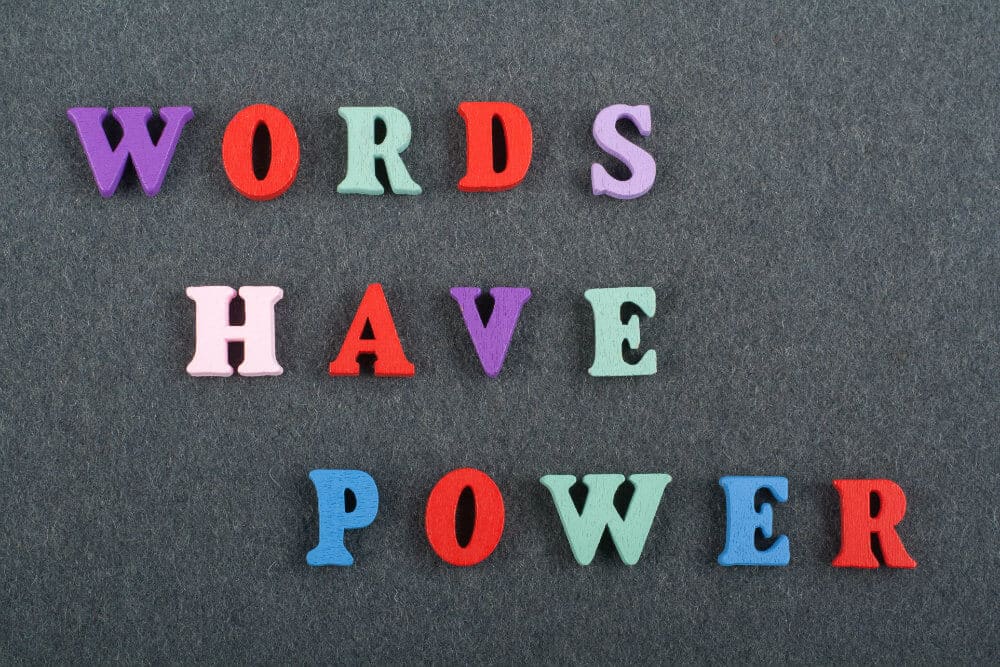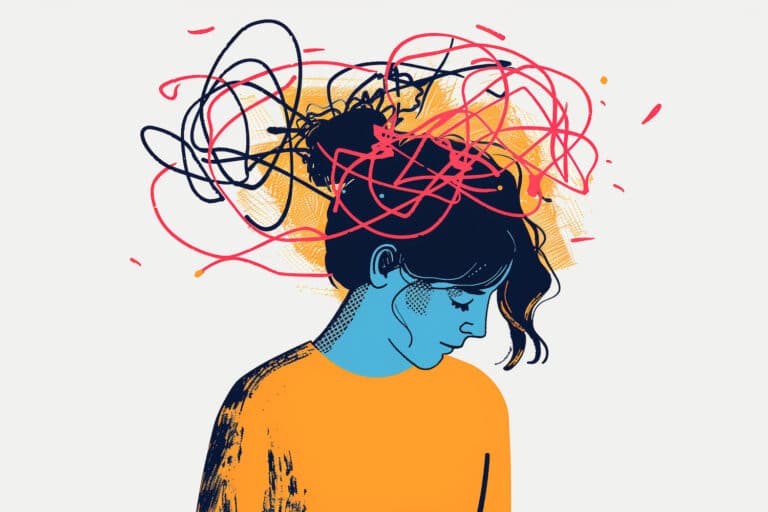“You would be a knockout if you lost weight.”
“You need to eat and put some meat on your bones.”
“There is no way that is going to fit you.”
“Are you going to eat all that?”
“You are SO fat!”
“Your body is disgusting.”
Words matter, and have the power to hurt. Even when we don’t realize it, words can cause someone to pause and pursue unrealistic expectations about their body. According to the National Eating Disorders Association, about 65% of people with eating disorders say that bullying contributed to their condition. Negative connotations about weight and body image can lead to low self-esteem, social isolation, poor body image, and have also been shown to contribute directly to the development of eating disorders.
What is Body Shaming?
Body shaming and fat shaming are the same as bullying, whether it be in person or online. It is the act or practice of negatively judging someone based on their physical appearance. Typically, people are body shamed when they appear overweight or underweight or don’t fit society’s view of “thin and beautiful”. Our culture loves the ideology of a perfect body, whether it be in print, movies, television, or online, seeing someone who doesn’t fit the mold isn’t considered acceptable to some.
Research conducted by the Yale Rudd Center on Food Policy and Obesity found:
- Peer victimization can be directly predicted by weight
- 64% of students enrolled in weight-loss programs reported experiencing weight-based victimization
- 33% of girls and 25% of boys report weight-based teasing from peers, but prevalence rates increase to approximately 60% among the heaviest students
- 84% of students observed that students perceived as overweight were called names or teased during physical activities
While body shaming has been in society for quite some time, the internet and social media platforms such as Instagram, Twitter, and Snapchat have brought it to an all-time high. With millions of users signing on daily, social media platforms open the door for individuals and companies to share unrealistic expectations of an ideal body. Technology has made the focus on appearance easier and given way to a platform that invites body shaming and bullying more frequently.
- Instagram is one of the most used social media networks, with over 200 million users daily
- Snapchat has 161 million users daily
- Approximately 65.8% of US companies use Twitter for marketing purposes
“Keyboard courage” is key in making hurtful and derogatory comments toward others online. It is easy to shame someone when behind a screen, making them feel inadequate. Posting body-shaming comments to those they know and don’t know leaves individuals feeling as if there are no repercussions for their words.

Do words matter to someone’s mental health?
For Megan, her 6-year battle with anorexia began when a close friend said, “I finally got the abs I’ve always wanted, and look at you with all that belly fat.” Was it meant to cause harm? Probably not, but the effect was life-threatening. The friend’s words lit a match in Megan and set her on the path for an eating disorder. Although she had a supportive family, she hid her disorder. For years, Megan counted calories, looked in the mirror constantly, worked out obsessively, and lived in baggy clothing, ashamed of her body.
According to the National Eating Disorder Association, among overweight and obese adults, those who experience weight-based stigmatization:
- Engage in more frequent binge eating
- Are at an increased risk of developing eating disorder symptoms
- Are more likely to have a binge eating disorder
- 79% of weight-loss program participants report eating more to cope with weight stigma

We often think of body shaming as only happening to people like Megan, but the truth is, nobody is immune from harmful words about their appearance.
In an interview with Teen Vogue, singer Kesha opened up about her experience, “It became a vicious cycle: When I compared myself to others, I would read more mean comments, which only fed my anxiety and depression. Seeing paparazzi photos of myself and the accompanying catty commentary fueled my eating disorder. The sick irony was that when I was at some of the lowest points in my life, I kept hearing how much better I looked. I knew I was destroying my body with my eating disorder, but the message I was getting was that I was doing great.”
Olympic gold medalist Ali Raisman shared how words played a role in her body image at a young age: “In seventh grade, I was wearing a tank top at school, and one of the boys told me my arms were disgusting. So, I didn’t wear a tank top to school ever again. Thinking about that makes me sad because I let one kid affect how I see myself.”
Not only do social media and society play a role in body shaming and bullying, but family members also make us see ourselves differently. Approximately 40% of heavier-weight kids are teased about their weight by peers or family members. Weight-based stigmatization at home can lead to binge eating, weight gain, and drastic weight control measures. Negative comments make someone vulnerable and lead to unrealistic expectations about their body.
Supporting those who are victims of negative comments is critical. Listen to them and emphasize that it is not their fault. Knowing they have support can make a difference in preventing an eating disorder or other mental health issues. For families, it is critical to set a good example and avoid teasing others about their weight or talking negatively about other people’s bodies, including your own.
How do you help someone with an eating disorder?
Over 30 million people suffer from an eating disorder such as anorexia, bulimia, or binge eating disorder. And just as Megan did, they struggle in silence. Megan’s dad was unaware of her disorder and chalked her changes in mood and eating habits up to adolescence. Megan’s mom noticed the changes also and confronted her daughter. Megan felt hopeful as she poured out her heart and relived the emotional words that sent her spiraling.
“I had a feeling something was wrong,” Megan recalls, “but thought I could manage it. There’s this idea that if a person is suffering, they should figure it out — you’re weak if you ask for help. Nothing could be further from the truth. When I finally opened up to Mom, I realized how much trouble I was in.”
While only 20% of those who suffer from an eating disorder seek treatment, 60% of those who do make a full recovery. Therapeutic environments, like Magnolia Creek, are designed to support individuals as they explore the contributing factors related to their eating disorder. At Magnolia Creek, clients engage in regular one-on-one sessions with the entire treatment team, which includes the primary and family therapists, dietitians, and medical staff. In a supportive environment, we work with our clients to develop a customized treatment plan that identifies treatment goals and provides the support needed to achieve and maintain the desired change.
Our evidence-based treatment model integrates experiential therapy and activities designed to build confidence, challenge distorted thinking, and help clients develop practical coping skills through experience and metaphor. Weekly, clients meet with their dietitian to examine personal dietary needs, discuss food preferences, and develop an individualized meal plan.
Magnolia Creek strives to ensure that no one ever feels they are alone in their eating disorder recovery, and we believe that healing and recovery are possible.
Singer Demi Lovato has been outspoken about her eating disorder and bipolar journey. As a role model and an advocate for mental health, she stresses the importance of being open and honest, “It was tough to talk about on camera,” Demi admits, “but I knew that if I were honest, it would help somebody understand.” She adds, “Sometimes I’m not perfect with my recovery and my eating issues, but I keep fighting. And I want people to see that.”
As we live in a time of social movement and activism, we should be mindful and aware of words that can lead to life-altering consequences. Demi adds, “I wish I could have told myself that I was beautiful, from my future self,” she says. “People will still love you; you’re beautiful just like you are.”
If you or a loved one needs help, complete our contact form for more information. Our admissions team can help you determine the next steps required. Magnolia Creek is the place that enables you to become the person you were meant to be.




